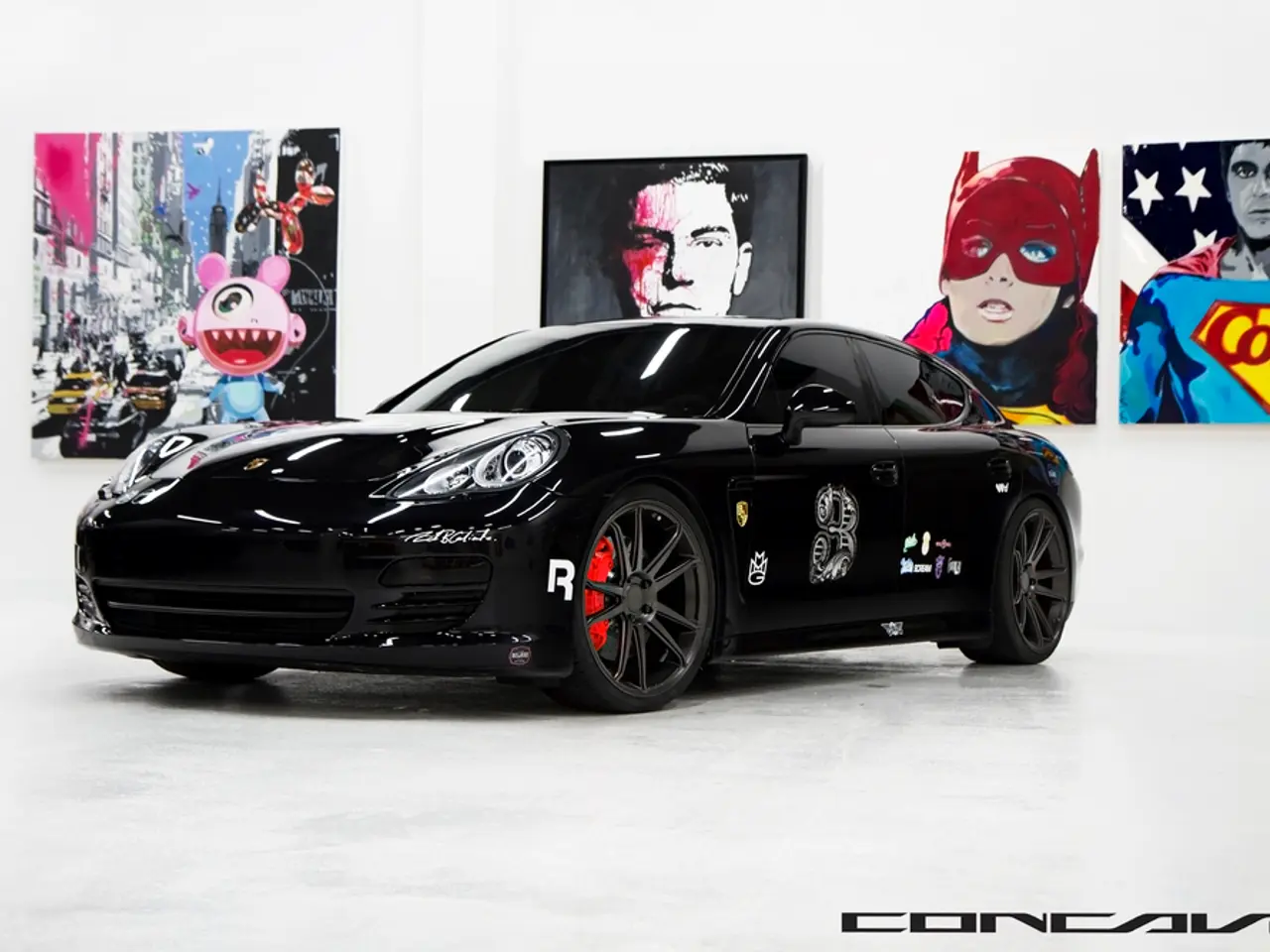Chinese manufacturing companies may initiate electric vehicle battery production within Brazil.
The Brazilian automotive market is currently experiencing a boom, with the growth of electromobility playing a significant role. This expansion is largely due to public policies that incentivize infrastructure development and the adoption of electric vehicles (EVs). However, the journey towards a fully electric future is not without its obstacles.
One of the major challenges facing electric mobility in Brazil is the scarcity of charging infrastructure, particularly in rural and remote areas. This scarcity is a significant barrier, as it limits the practicality and appeal of EVs for many consumers. Alvarenga, an entrepreneur, believes there's still time before the charging infrastructure meets market needs, but the issue remains a concern.
The entry of Chinese automakers, such as BYD, into the Brazilian market is seen as a potential game changer. These brands offer more affordable prices and attractive products, and their entry could usher in a paradigm shift, including the possibility of local battery production. However, Brazil has yet to master local battery production, and structural challenges are currently limiting its development.
CBL, a company producing key chemicals for batteries, exports all its material, indicating a lack of local demand for batteries. Without a regulatory framework that favors the expansion of charging points and stimulates local battery production, Brazil will continue to be halfway through its transition to zero emissions.
President Lula da Silva has launched a program called MoVer, which aims to promote investments in energy efficiency, reduce taxes for those who pollute less, and provide fiscal incentives for companies to invest in the country. This program could potentially provide the necessary push to encourage the development of charging infrastructure and the purchase of EVs.
Another potential solution to the disparity in electricity distribution, particularly in remote areas of Brazil, is the adoption of large energy storage systems. However, as of now, there are no policies promoting their use, which hinders their widespread adoption.
In a temporary solution to the distance issue in the country, consumers are opting for plug-in hybrid vehicles. These vehicles offer the benefits of electric power in urban areas while still providing the range needed for longer trips.
Without doubt, the growth of electromobility in Brazil is a complex issue, with a multitude of factors influencing its progress. With the right policies in place, Brazil could soon find itself at the forefront of the global shift towards a more sustainable and electrified future.
Read also:
- Understanding Hemorrhagic Gastroenteritis: Key Facts
- Stopping Osteoporosis Treatment: Timeline Considerations
- Tobacco industry's suggested changes on a legislative modification are disregarded by health journalists
- Expanded Community Health Involvement by CK Birla Hospitals, Jaipur, Maintained Through Consistent Outreach Programs Across Rajasthan








